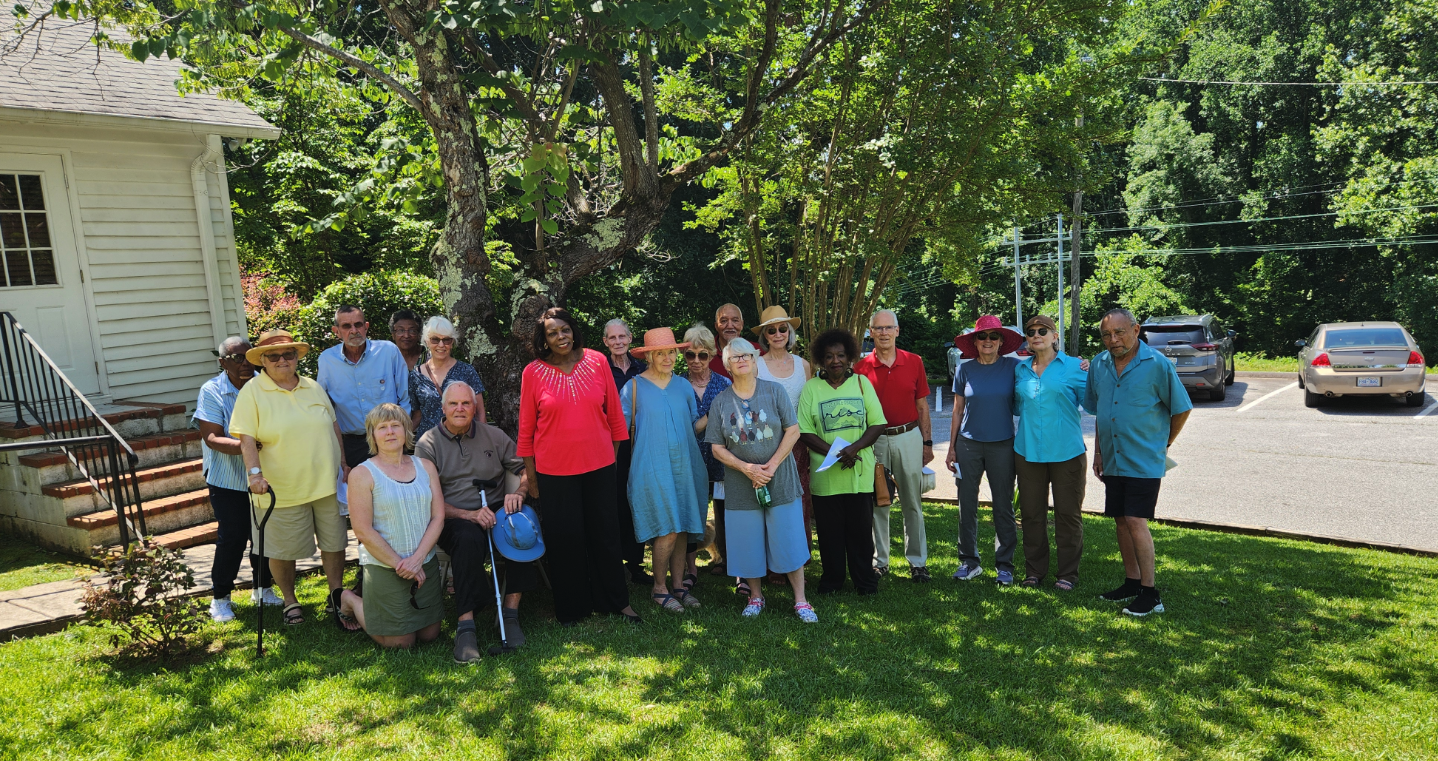Awareness is the First Step in the Prevention
Published 12:04 pm Tuesday, September 27, 2022
|
Getting your Trinity Audio player ready...
|
September is Suicide Prevention Awareness Month. My heart is saddened every year at this time when I read the statistics of people who’ve lost hope and given up on life. While the suicide rate slowly declined from an all-time high in 2018, it remains the twelfth leading cause of death in America. What is so distressing is that this cause of death is one hundred percent preventable.
The troubling aspect of suicide is the devastating and far-reaching impact on families and communities. Many of those left behind experience extreme guilt for not recognizing the signs of distress and not preventing suicide.
CAUSES
Thoughts of suicide have many causes. Frequently, those thoughts arise from feelings of hopelessness when faced with overwhelming life situations. Those dealing with suicidal thoughts often mistakenly believe suicide is the way out.
Often, those left behind are shocked that someone close to them took their life because there were no warning signs. But frequently, subtle signs were there.
Risk indicators include:
- feeling hopeless or worthless
- stressful life events
- underlying disorders such as depression or PTSD
- family history of mental disorders, suicide, physical or sexual abuse
- chronic disease, chronic pain, or terminal illness
- substance abuse
- LGBTQIA+
If someone close to you experiences risk factors on this list, listen to them without judging. Make time for them as they begin to open up. Listen intently and take them seriously. Then, and with the greatest discretion, immediately seek help through 911, the hospital emergency department, or by calling the National Suicide Prevention Lifeline at (800) 273-8255. Do not keep this information a secret. In Polk County, the Mobile Crisis Management Hotline is available to everyone by calling (888) 573-1006.
Your Life Matters
Suicide is the most preventable cause of death.
Don’t be embarrassed to seek treatment. Treatment for depression, substance misuse, or another underlying problem will improve your outlook on life. But if the underlying cause is left untreated, your suicidal thoughts will likely return. Getting the proper treatment may save your life.
Do you have a support network? If not, establish one. Conversations about suicidal thoughts are not easy but reach out anyway. People in your network need to know what’s going on, and you need to know they are there when you need them. Your church, small groups, or other community health resources are also good places to help reduce suicide risk.
Suicidal feelings are short-term. When you feel life’s not worth living, having someone to talk to can help you regain your perspective. Trust me; life is worth living. So take one step at a time and don’t act impulsively.
David Jeremiah once said, “when our lives are filled with peace, faith, and joy, people will want to know what we have.” These are not things we instinctively have but qualities that are fed into us.
St. Luke’s Senior Life Solutions is an intensive outpatient counseling program that addresses the emotional and behavioral needs of adults over 65. We can help you deal with depression, anxiety, and traumatic events. And you can begin reducing depression by getting enough sleep, eating healthy, well-balanced foods, exercising regularly, and increasing social activities. So please give us a call at (828) 894-9890.
If you have a healthcare topic of interest or would like to learn more about St. Luke’s Hospital, send me a note at Michelle.Fortune@slhnc.org. Also, please follow us on Facebook, Twitter, LinkedIn, or visit our website at StLukesNC.org.
https://www.mayoclinic.org/diseases-conditions/suicide/symptoms-causes/syc-20378048
https://www.cdc.gov/suicide/suicide-data-statistics.html
https://www.americashealthrankings.org/explore/annual/measure/Suicide/state/ALL
https://www.healthyplace.com/suicide/effects-of-suicide-on-family-members-loved-ones






